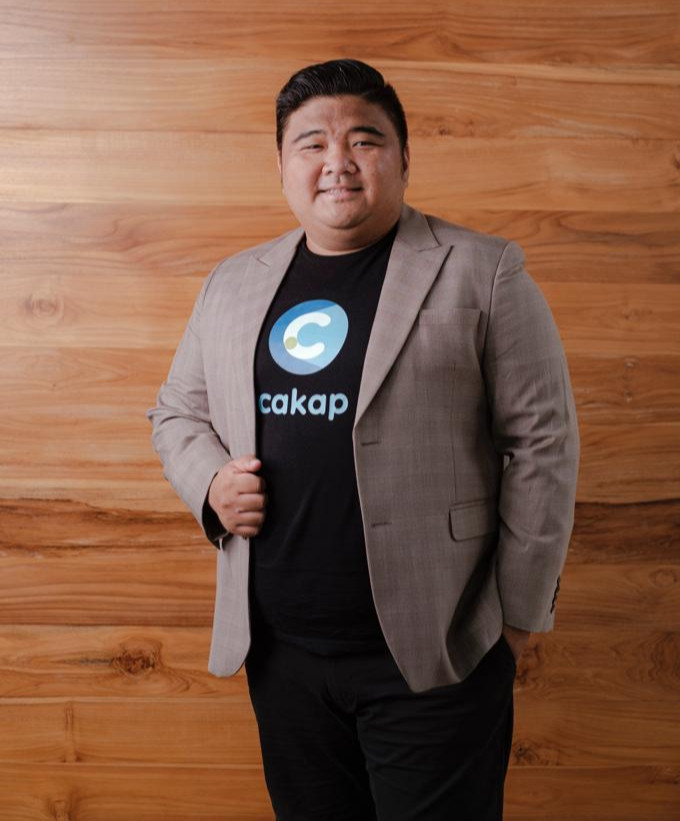Popular Reads
Top Results
Can't find what you're looking for?
View all search resultsPopular Reads
Top Results
Can't find what you're looking for?
View all search resultsCakap unlocks Indonesia’s great human resources potential
Change text size
Gift Premium Articles
to Anyone
C
akap’s Social Impact Report 2021 shows the successful impact that Cakap has had on the educational landscape of Indonesia, reaching most remote areas.
In line with the Sustainable Development Goals (SDG) set in place by the United Nations, Indonesia-based edutech firm Cakap has successfully carried out an initiative that brings them one step closer to implementing said principles based on the company’s 2021 Impact Report.
“Starting from our belief that access to better-quality education is a tool that can change lives, Cakap provides advanced technology that is easy and flexible, to encourage the improvement of the quality of human resources," said Tomy Yunus, CEO and Cofounder of Cakap.
A collaboration between Cakap and investment platform and consulting firm ANGIN has shown the results of the efforts to equalize education access and to improve the skills of the nation's human resources. The initiative largely covers universal quality education, which is one of the main focuses of this year’s Group of 20 Summit, which Indonesia is hosting.
“The Indonesian education landscape is getting more dynamic, reflected by various innovative solutions and the shifting Indonesian learners and students responding to the pandemic,” said ANGIN Managing Director David Soukhasing as he reiterated how technology had played a big part in education for the past few years.
Cakap has reached 95 cities across 34 provinces in Indonesia to provide various upskilling classes to 350 underprivileged households, including those located in frontier, remote and disadvantaged areas. As a result, 78 percent of adult students stated that they have better career opportunities, while 55 percent of business owners agreed that lessons learned from Cakap have helped them increase their profit.
Additionally, more than 1,000 teachers have joined Cakap and provided more than 1 million hours of online courses. Through the Cakap Teachers Academy (CTA), they were able to learn and participate in the English teaching scholarship program and succeed in becoming teachers after graduating from the program. It also provides a flexible space for teaching partners in order to facilitate the learning experience.
"Since joining in August 2021, I have enjoyed the flexibility of the schedule, so it can still go hand in hand with my main job as a lecturer,” said Jatrifia Ongga, a teaching partner from Malang, East Java.
The foreign language training is not limited to teaching partners. Cakap joined forces with the Foreign Ministry and the Communications and Information Ministry to provide training classes in French, German and Korean to 100 state civil servants, along with 200 workers in the tourism sector across five priority destinations.
“After completing the training, I can speak English better, and now I have many opportunities, one of which is to build more relationships with international tourists,” said Budi Aris, who works as a tour guide in Maluku.
Tomy Yunus, the CEO of Cakap, believes that everyone should have access to a better education.
Cakap continues to support the government’s programs in the post-pandemic era to accelerate economic recovery, especially in sectors and actors that have been hit the hardest – namely tourism and micro, small and medium enterprises (MSMEs).
Data shows that only 17 million out of 64 million SMEs have gone digital, meaning 70 percent have not. Therefore, Cakap’s upskilling program aims to change the tide to aid digital penetration throughout the country.
Moreover, in the first quarter of this year, Cakap is offering an English-language training scholarship program that targets 5,000 tourism workers through a collaboration with various stakeholders.
As an edutech platform, Cakap provides a comprehensive app experience that brings an optimized and interactive user interface. Cakap’s classrooms, including private, chat, club and group, adopt a two-way learning interaction method – a live and person-to-person skill transfer process that increases each student’s self-motivation.
“We understand that Indonesia has massive potential, and we will always strive to scrape the limits to unleash the true potential of Indonesian talent as a global citizen,” Tomy concluded.
You can download the full report on the website, on the Cakap Social Impact Report 2021 banner/section.











